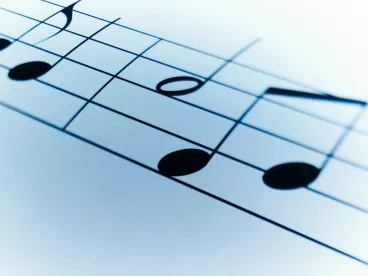Broadcast Music, Inc., et al v. Meadowlake, Ltd.
The U.S. Court of Appeals for the Sixth Circuit found a restaurant owner personally liable where the restaurant played recorded and live music without authorization, and further found that the Copyright Act can impose vicarious liability. Reviewing the “handful of doctrines” developed over the years regarding liability for copyright infringement committed by others, the 6th Circuit concluded that a defendant may become vicariously liable for a direct infringement of a copyright when he profits from the infringement while declining to stop it. Broadcast Music, Inc., et al v. Meadowlake, Ltd., Case No. 13-3933 (6th Cir., June 6, 2014) (Sutton, J.).
In this case, the 6th Circuit applied a vicarious liability doctrine having two parts. First, it must be determined whether the defendant had “the right and ability to supervise the infringing conduct,” and second, it must be determined whether the defendant had “an obvious and direct financial interest in the infringement.” Here, the Sixth Circuit concluded that each part of the test was met.
Defendant Roy Barr and his son own Meadowlake, a limited liability company that runs a golf-course restaurant. Barr was the undisputed 95 percent owner and ultimate decision maker of the restaurant, which his son manages. The restaurant offers dancing and music—sometimes live performances and sometimes recordings but in either instance “without getting the copyright owners’ permission.” This eventually came to the attention of Plaintiff Broadcast Music, Inc., (BMI) an organization that licenses music and collects royalties on behalf of its songwriters and composers. On behalf of its members BMI sent Meadowlake several cease and desist letters over the course of three years but received no response. Finally, it filed a lawsuit.
Barr did not perform any of the copyrighted music. Rather, the bands that played the songs, the DJs who played the recordings or the customers who used the jukebox were the active persons in terms of affecting a performance of copyrighted works. But the Court was not moved by Barr’s “solo performance” on appeal (Barr not only represented himself, but both his son and the restaurant declared bankruptcy and escaped the lawsuit). Even though Barr had no knowledge of the infringing performances, the Court focused on the fact that he had the authority to stop the music, but did not and profited from the performances.
Even the limited liability nature of the restraint did not save Barr from personal liability because that legal structure did not affect Barr’s right and ability to police the infringements or his financial interest in the infringements. Indeed, the 6th Circuit found Barr was vicariously liable precisely because he profited from the infringements even while refusing to stop the music.




 />i
/>i

